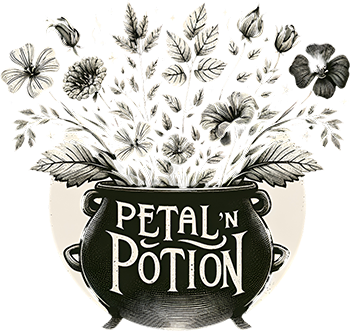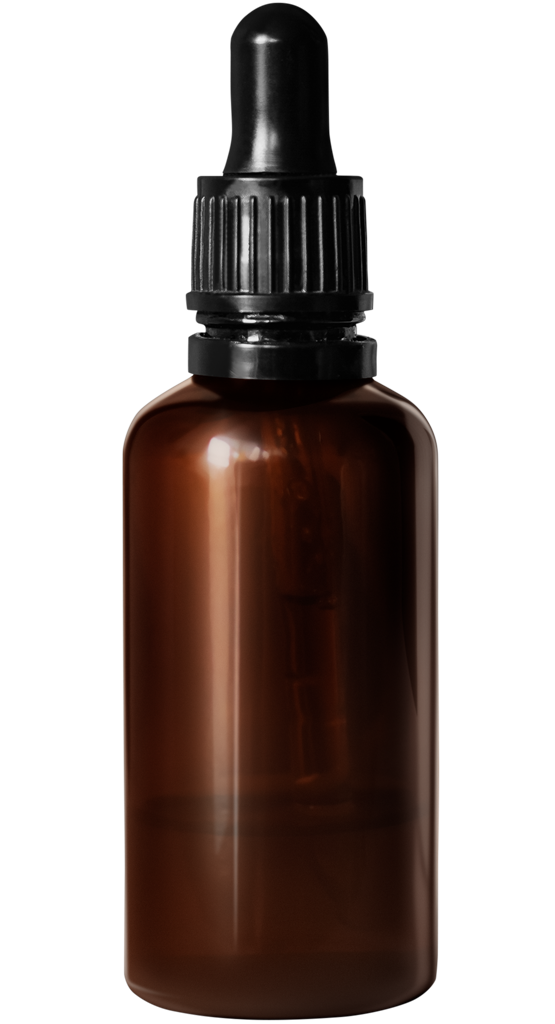C a n d i d a
- Quick Search
Candida is a genus of yeast, with Candida albicans being the most common species linked to infections in humans. Often referred to as yeast infections or thrush, Candida naturally resides in the human body but can cause problems when overgrowth occurs, leading to candidiasis.

Removal Methods
Petal n Potion’s specially formulated tincture offers a natural approach to eliminating Candida. This tincture harnesses the power of herbs like pau d’arco, garlic, and oregano oil, known for their antifungal properties. By supporting the body’s natural balance, the tincture helps control Candida overgrowth without relying on synthetic medications.
Benefits of Removal
Eliminating excess Candida can lead to noticeable health improvements, including relief from symptoms such as fatigue, digestive issues, and frequent infections. Achieving a balanced microbiome promotes better energy levels, enhanced digestion, and a stronger immune system, contributing to overall well-being.
Location in the Body
Candida typically resides in various parts of the body, including the mouth, throat, gut, and genitals. While it is a normal part of the body’s flora, factors like stress, poor diet, or weakened immunity can cause it to multiply uncontrollably, leading to infections.
Effects on the System
Candida overgrowth can manifest in several ways, such as oral thrush, vaginal yeast infections, and skin rashes. Systemic candidiasis can occur in more severe cases, leading to fatigue, brain fog, and digestive disturbances. Chronic overgrowth may contribute to long-term health issues if left unchecked.
Life Cycle
Candida’s life cycle involves the transformation from benign, single-cell spores to active yeast cells capable of colonizing tissues. Under certain conditions, yeast cells can further transform into hyphal forms, which are more invasive and contribute to infection.
Life Timeline
- Spore Stage: Dormant spores exist harmlessly in the body.
- Yeast Stage: Spores germinate into yeast cells when conditions favor growth.
- Hyphal Stage: Yeast transforms into hyphal forms during overgrowth, increasing pathogenic potential.
Preventing Candida overgrowth involves maintaining a healthy diet low in sugar and refined carbohydrates, which can fuel yeast growth. Probiotics and a balanced lifestyle can help keep Candida in check. An interesting fact about Candida is its ability to form biofilms, which protect it from the immune system and antifungal treatments, making early intervention crucial. Public awareness and management strategies can help prevent recurring infections and maintain optimal health.

